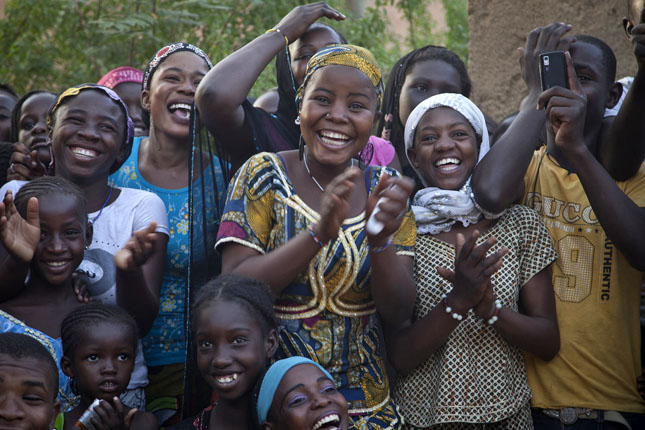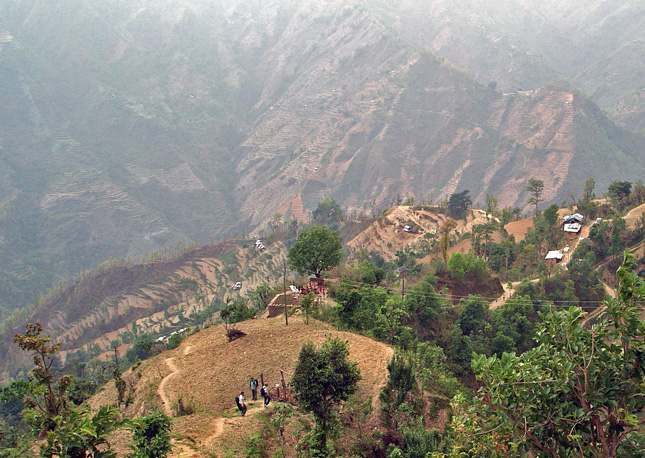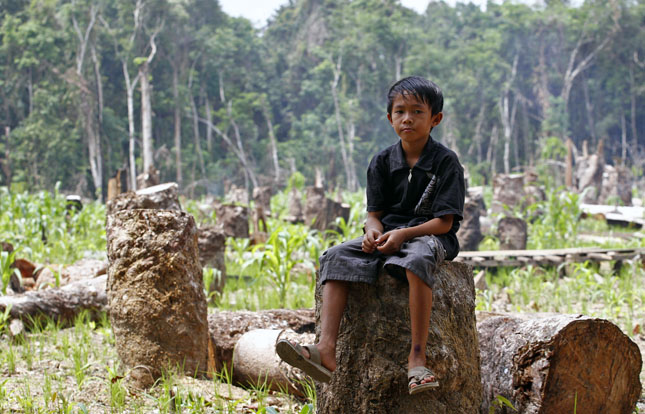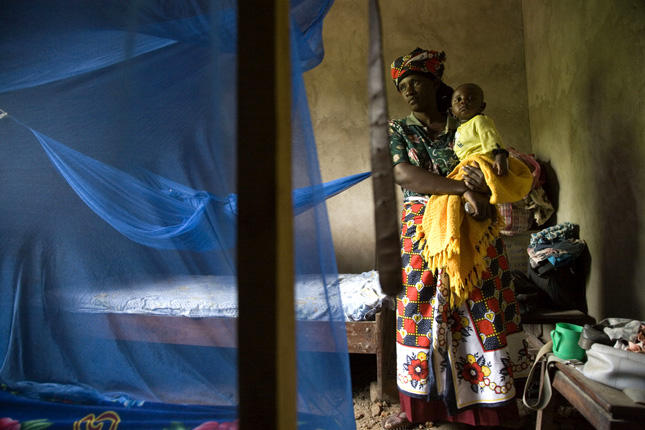-
The Road Ahead for Young People and Family Planning
›
Yesterday was International Youth Day, and governments, donors, and public health professionals are paying more attention to the unique needs of the world’s young people and the importance of their civic engagement and participation. Unfortunately, most young people do not have access to basic sexual and reproductive health care and information. This not only undermines their health and wellbeing, but significantly affects their abilities to stay in school and participate in their communities.
-
Engaging Decision-makers on Family Planning: Some Right IDEAs
›
Just a few years ago, progress on global family planning and reproductive health policy seemed to be stuck in a rut. “For 20 years, development money for health had been directed to fight HIV and poverty, and as a result, momentum, interest, and funding for family planning had dwindled,” said Susan Rich, vice president of global partnerships for the Population Reference Bureau (PRB), at the Wilson Center on July 15. “Unmet need for family planning was high all over the world, but especially in Africa.” [Video Below]
-
The SDGs Are All About Integration – Good Thing PHE Programs Have Been Doing That for Years
›
Last week, the United Nations concluded one of the last negotiations on the road to adopting the Sustainable Development Goals in September. We’ve entered the home stretch of a process that has taken more than two years, bringing governments, civil society organizations, and communities together to define the development goals and targets that UN member states will be expected to aim for over the next 15 years.
-
Who Benefits From REDD+? Lessons From India, Tanzania, and Mexico
›
REDD+, a global framework designed to reward governments for preserving forests, has pledged nearly $10 billion to developing countries. But minorities, indigenous people, the poor, and other marginalized groups that live in forest areas often end up paying more than their fair share of the costs of environmental cleanup and conservation while getting less in return. What can be done to change this?
-
50 Years of Family Planning at USAID: Successes, Political Challenges, and Future Directions
›
Since President Lyndon B. Johnson created the USAID population program in 1965, it has evolved in tandem with the global discourse on population and demography. “The agency’s family planning program is as relevant today as it ever was, and is necessary,” said Jennifer Adams, deputy assistant administrator of the U.S. Agency of International Development’s Bureau for Global Health. The bureau houses the Office of Population and Reproductive Health, which implements U.S. development and relief efforts to expand access to modern contraceptives, fight HIV/AIDS, reduce unsafe abortions, and protect the health of women and children. [Video Below]
-
Integrated Development Project Adjusts to Burundi’s Presidential Crisis
›President Pierre Nkurunziza’s decision to run for a third term in April plunged Burundi into a state of unrest not seen since the end of the country’s civil war in 2005. Refugees are arriving in neighboring Tanzania, Rwanda, and the Democratic Republic of Congo (DRC) in the tens of thousands, raising the possibility that the deteriorating security situation could spill over borders.
-
Jeffrey Gettleman, The New York Times
Mosquito Nets Used for Fishing Raise Sustainability, Health Questions
›January 28, 2015 // By Wilson Center Staff
BANGWEULU WETLANDS, Zambia – Out here on the endless swamps, a harsh truth has been passed down from generation to generation: There is no fear but the fear of hunger.
-
Low Oil Prices Could Shake up Africa’s Petro States
›
One in five African states produce hydrocarbons, and most of these are heavily dependent on oil and gas revenues to finance their governments and generate foreign exchange. Further, an emerging group of East African states are waiting on international oil companies to develop new oil and gas reserves. But Africa’s record using non-renewable oil and gas resources to trigger economic and social development is poor – and plummeting prices may portend more instability to come.
Showing posts from category Tanzania.











